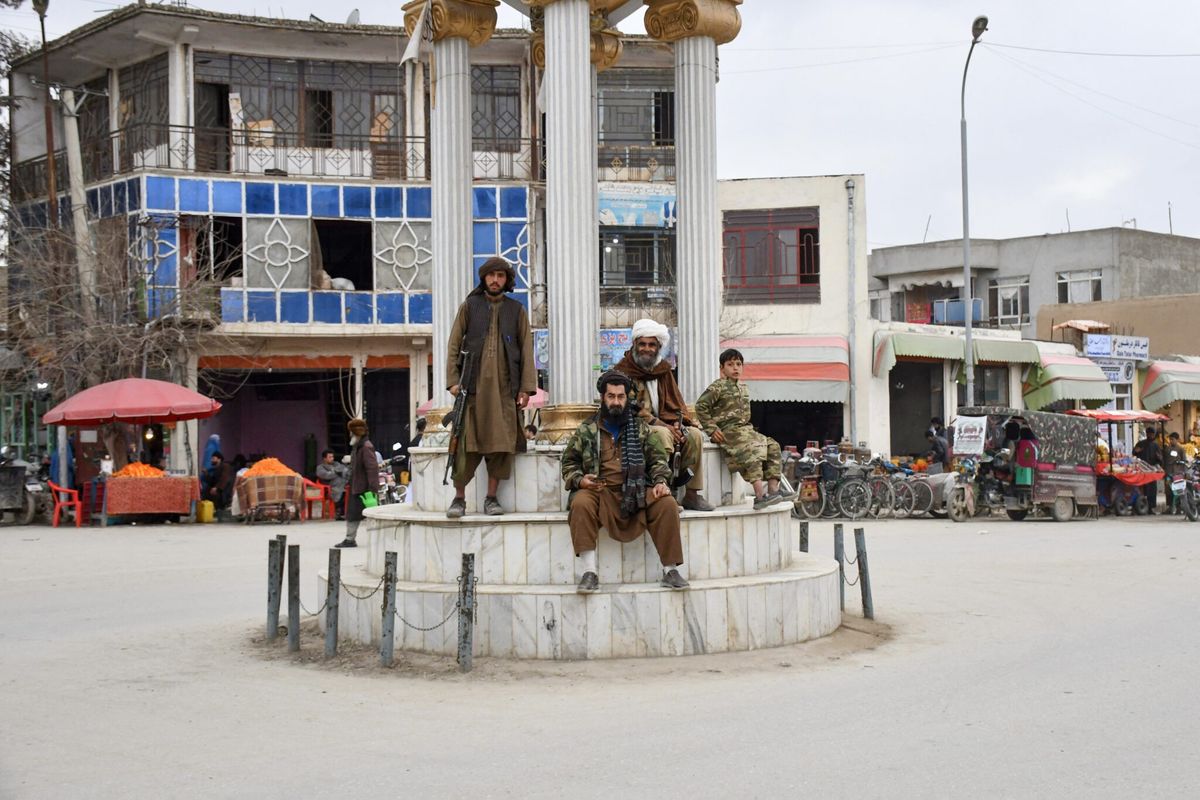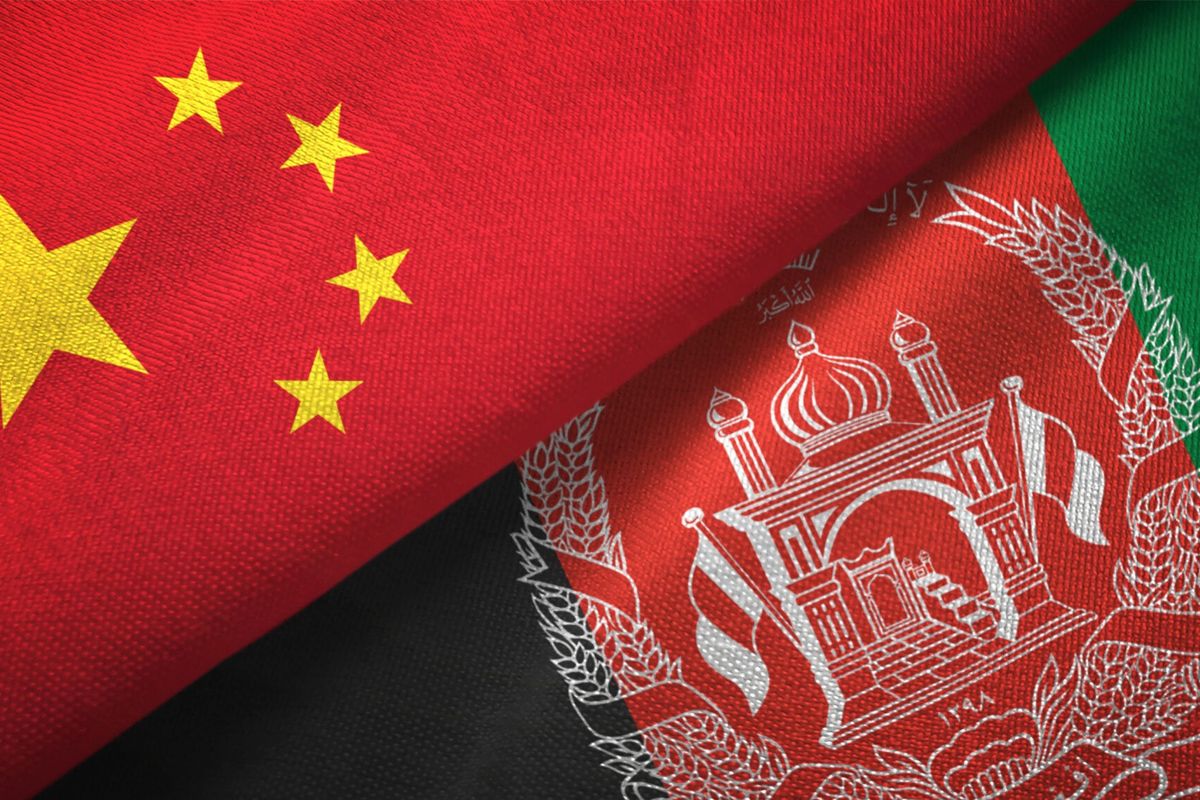Afghanistan is now President Donald Trump’s war, but it’s wider than just that country.
Having refused to accept a strategy and operational plan presented to him last month by Defense Secretary James Mattis, Joint Chiefs Chairman Joseph Dunford, as well as National Security Adviser H.R. McMaster, all of whom have served in Afghanistan, Trump is currently described as looking for a quicker way to end U.S. involvement in what has been nearly 16 years of fighting.
A complete novice when it comes to warfare and strategy, Trump campaigned claiming, “We don’t win wars any more,” a claim that would draw a roar of approval from his rally crowds.
As president, he has kept that idea in his head. On February 27, speaking to members of the National Governors Association, he said, “We have to start winning wars again. I have to say, when I was young, in high school and college, everybody used to say we never lost a war. We never lost a war. You remember, some of you were right there with me, you remember, America never lost.”
The truth is the U.S. has not won a fighting war in Trump’s lifetime. When Trump was young, the U.S. fought the Korean War, which ended in a draw; nor did the U.S. win in Vietnam, when Trump avoided service thanks to five draft deferments. He was born nine months after World War II ended, the last time the U.S. did win that kind of war with a formal surrender signing ceremony.
What Trump doesn’t understand is that the concept of war has changed. We fought the Soviet Union and its allies in the Cold War for 40 years, combatting their forceful attempt to spread communist doctrine in countries around the world. Korea and Vietnam were battles in that war.
For the most part, however, the Cold War saw the U.S. and its allies employ diplomacy, arms training and foreign aid to countries worldwide before the Soviet government collapsed without a direct military action taking place between the two, nuclear-armed superpowers.
Since the 9/11 attacks in 2001, the U.S. has again become involved in a new, lengthy, global war – this time against terrorism generated by radical jihadists.
That’s the real real war Trump has inherited, and Afghanistan is just one theater where it is being fought.
Does Trump understand what he eventually authorizes be done in Afghanistan will affect many other countries in the Middle East, South Asia, and Europe? And does he realize that fighting terrorism involves ideas as much, or maybe more than, armed conflict?
No quick military strike on one front will bring “victory,” despite what Trump wants to believe.
On June 13, Defense Secretary Mattis told the Senate Armed Services Committee, “We are not winning in Afghanistan right now,” but quickly added, “And we will correct this as soon as possible.”
The Pentagon correction plan, which was going through the National Security Council process at the time, called for sending some 3,000-4,000 additional U.S. troops to serve as trainers, advisers, and support to some 500,000 Afghan Security Forces, plus additional helicopter gunship and fighter-bomber support.
A day earlier, Mattis had told the House Armed Services Committee, “It's a fundamental change to how we bring out what I would call our real superiority in terms of air support to help them [the Afghan Security Forces].”
Mattis’ view of winning is different from Trump’s, which does not include follow-up nation-building.
As Mattis told the Senate committee, “Winning [would] look like…the Afghan government – with international help…able to handle the violence and drive it down to a level that local security forces can handle it, and with our allies, it would probably require [a partly U.S.] residual force doing training and maintaining the high end capability.”
As for leaving Afghanistan, Mattis told the senators, “We've already seen what can come out of these kind of spaces, these ungoverned spaces, the problems that originate there do not stay there. They – they come out, they threaten all of us, they threaten the world order, they threaten our economy, they threaten our very country.”
Four months ago, in the wake the military’s surprise use of the GBU-43/B, “Mother of all Bombs” in Afghanistan and earlier firing of 59 Tomahawk missiles against a Syrian aircraft base, Trump said, “We have the greatest military in the world” and “incredible leaders in the military.”
He added, “We [meaning Trump] have given them total authorization and that’s what they are doing. Frankly that’s why they’ve been so successful lately if you look what’s happened in the last eight weeks and compare that to what’s happened in the last eight years.”
However, Trump as he often does, has changed his mind when it comes to Afghanistan.
At a two-hour, July 19, White House Situation Room meeting with his generals on the military’s strategy for Afghanistan, NBC reported that Trump was said to have suggested firing Gen. John Nicholson, the on-scene Afghan commander because he was not winning the war.
He also complained about NATO allies there and raised the idea of the U.S. getting some of Afghanistan’s mineral wealth (a subject of recent news stories}. Trump reportedly even used an anecdote about a consultant’s bad advice losing money for a Manhattan restaurant owner, comparing it to the generals’ proposals to him.
Given the recent leaked contents of Trump presidential telephone conversations, I would like to see published the notes or transcript of this “sit-room” meeting.
Sen. Lindsay Graham (R-SC) said last Thursday, “If we do not listen to General McMaster and people like him, who have been fighting this war for 15 years, and adapt our policies, we're going to fail in Afghanistan.”
“It's up to the president,” Graham said, “It's Trump's war; it's not Obama's war.”














